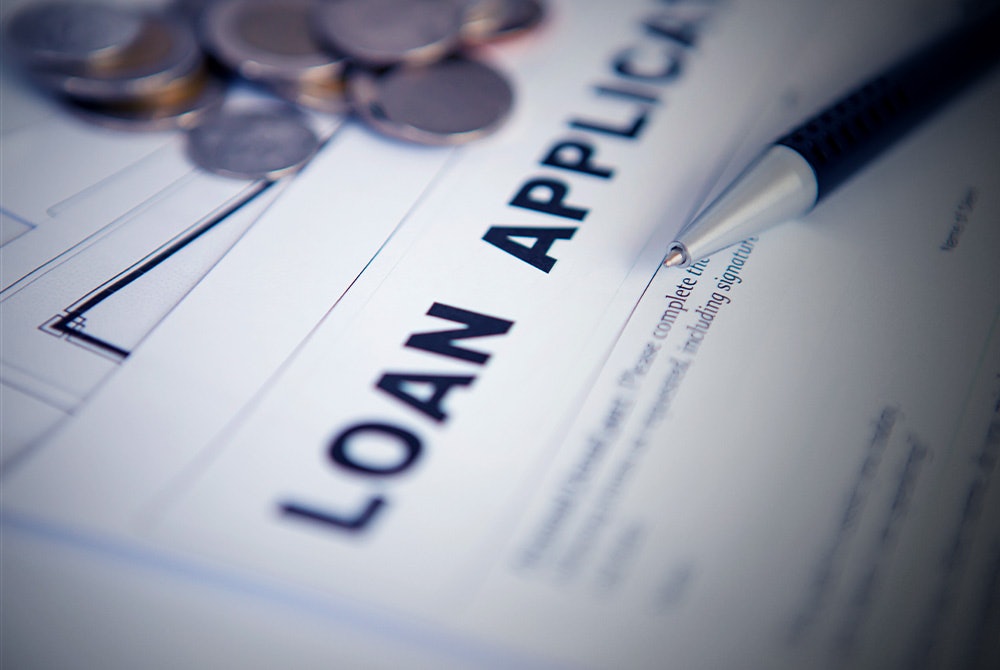There are moments in life when we might feel obligated to take out emergency legal loans in Singapore on behalf of a friend or be a guarantor for a family member. Getting stuck in such situations can be awkward. The consolation is that it isn’t illegal to do either of these things.
As far as the lender is concerned, there is no reason not to provide a personal loan in Singapore if you are eligible for one. However, you do have to be vigilant about the potential pitfalls and obligations that you’ll shoulder should your friend or relative default on their payment.
Taking a legal loan in Singapore for another person – What you need to know
When you agree to take emergency legal loans on behalf of another person, it is a private arrangement that lending institutions will not interfere with as long as monthly repayments continue to be fulfilled.
That said, you must recognise that it is an immense responsibility that comes with a lot of risks because you are legally bound to the contract. Should anything go wrong, the bank will go after you, not the person you’re taking out the loan for.
Do your due diligence before offering to help because your kind gesture may affect you in three ways:
- Your financial health and well-being are on the line. Not only could you be saddled with immense stress, but also you’ll be liable for additional fees and interest charges in the event of missed or late payments.
- Your credit score will take a hit when there are late repayments. Consequently, you may face reduced loan limits and higher interest rates for future loans that you want to apply.
- Your loan eligibility may be negatively impacted. This can be a hindrance when you need a new loan such as a home loan or car loan for your personal use, but aren’t able to get the loan you need. Just so you know, your personal loan eligibility in Singapore is assessed based on your Total Debt Servicing Ratio (TDSR) as mandated by the Monetary Authority of Singapore (MAS).
How to calculate your personal loan eligibility?
First and foremost, note that TDSR is capped at 55% of your monthly income. When you take out a loan for another person, the monthly repayment amount for that loan will also form part of your personal loan eligibility calculation since the loan is in your name.
Example
Let’s say your monthly salary is $6,000 and your TDSR is $3,300. You’re looking to take out a new home loan for your personal use. However, you have an existing monthly car loan repayment of $800 and you’ve recently agreed to take out a loan for your friend that comes with a $1,500 monthly repayment.
Here’s how to calculate the maximum monthly loan amount you may be able to get for your home loan:
Maximum monthly loan amount for your home loan = $3,300 – $800 – $1,500 = $1,000.
If you decide to buy a property, you must make sure that your mortgage repayment does not exceed $1,000 per month. You’re not eligible to take out a bigger loan because that will go over your TDSR limit.
Does having a guarantor affect your loan eligibility?
Yes, having a guarantor can affect your loan eligibility. In fact, if you have been wondering about the question “can I get a personal loan with bad credit?”, you’ll be pleased to know the answer is “possibly yes”.
The responsibility of a guarantor lies in paying the loan if the borrower defaults. As such, lenders are more willing to extend a loan to an individual with a bad credit history when a guarantor with excellent credit is willing to step in.
If you’re not confident of getting your loan approved, bringing a willing guarantor with excellent credit may increase your chances of loan approval or even help you obtain more favourable loan terms.
What does being a guarantor entail?
As explained earlier, the role of a guarantor is to repay a loan if the main applicant fails to make prompt payment. The obligations even extend to being liable for legal costs, late fees and additional interests if payment is delayed.
This is why you should never take the role of a guarantor lightly and must absolutely consider your personal financial standing thoroughly before co-signing a loan as a guarantor. Plus, always compare personal loans before settling on one!
Conclusion
Agreeing to be a guarantor is a serious commitment. In the event of default payment, not only will your credit score be affected, but also you may face difficulties when you need to take out a future emergency legal loan or get the loan sum you need.
In short, it’s a lot of risks for a kind deed. If the loan sum, interest and fees are more than you are prepared to lose, steer clear of signing off as someone’s loan guarantor.
If your friend or loved one really needs to take a loan, direct them to legal loan providers. They can get free loan quotes from top licensed money lenders here.
About the Author
Founded in 2014, Personal Loan Finder resolves to educate users on all things related to personal loans in Singapore. Everyone deserves the right to make informed decisions, especially where money is concerned.

















